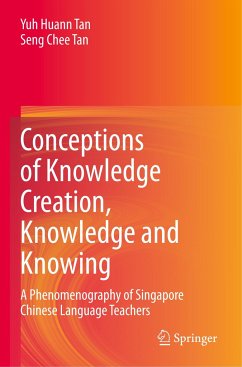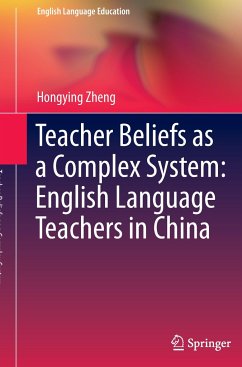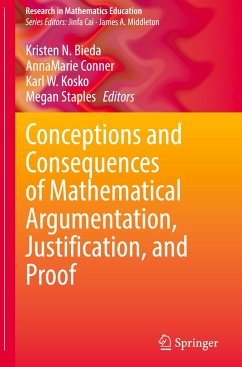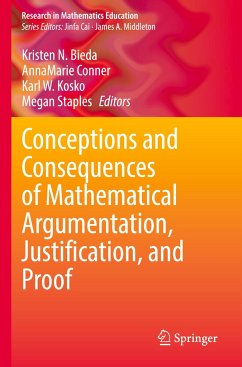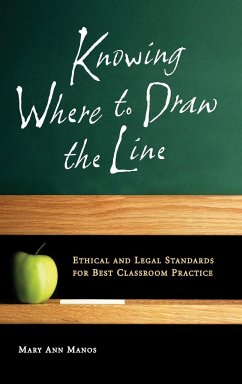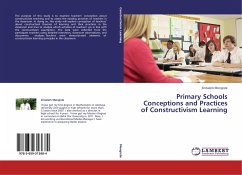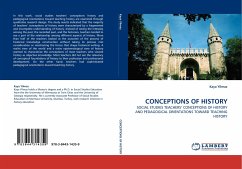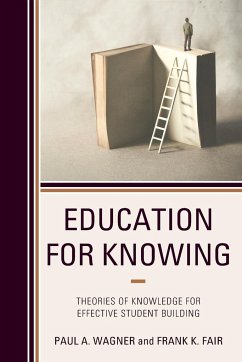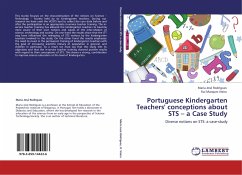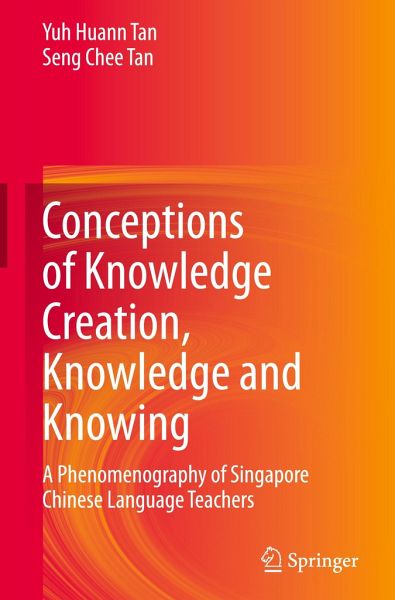
Conceptions of Knowledge Creation, Knowledge and Knowing
A Phenomenography of Singapore Chinese Language Teachers
Versandkostenfrei!
Versandfertig in 6-10 Tagen
76,99 €
inkl. MwSt.
Weitere Ausgaben:

PAYBACK Punkte
38 °P sammeln!
This book responds to calls for further advancing knowledge creation in schools. It examines sixteen Chinese Language teachers from Singapore, since language teachers are primarily responsible for the basic literacy that is the foundation of students' lifelong learning. Positing that people's cultural beliefs and the language(s) they use are inseparable, the book argues that Chinese language teachers possess a unique understanding of the various phenomena that reflect the influences of Chinese culture by virtue of the language they speak and teach. For the purposes of the investigation, it emp...
This book responds to calls for further advancing knowledge creation in schools. It examines sixteen Chinese Language teachers from Singapore, since language teachers are primarily responsible for the basic literacy that is the foundation of students' lifelong learning. Positing that people's cultural beliefs and the language(s) they use are inseparable, the book argues that Chinese language teachers possess a unique understanding of the various phenomena that reflect the influences of Chinese culture by virtue of the language they speak and teach. For the purposes of the investigation, it employs phenomenography - a methodology aimed at finding and systematising how people interpret the world around them - to determine and describe Chinese language teachers' conceptions of these phenomena.



